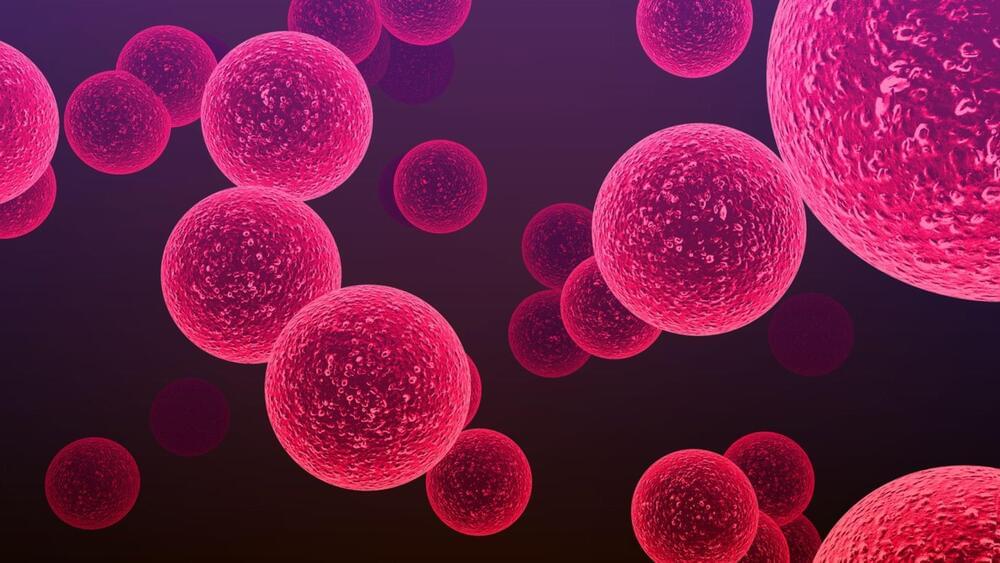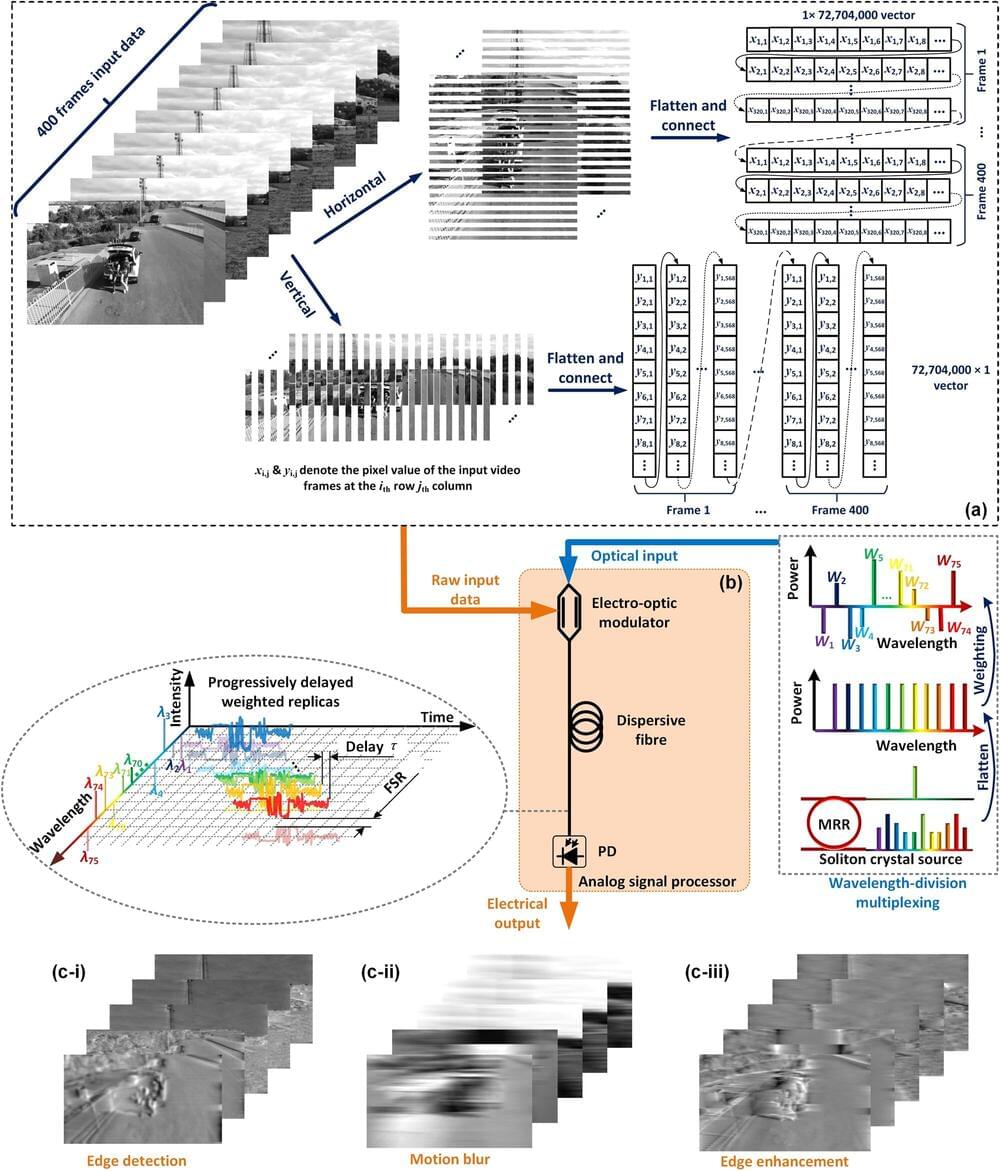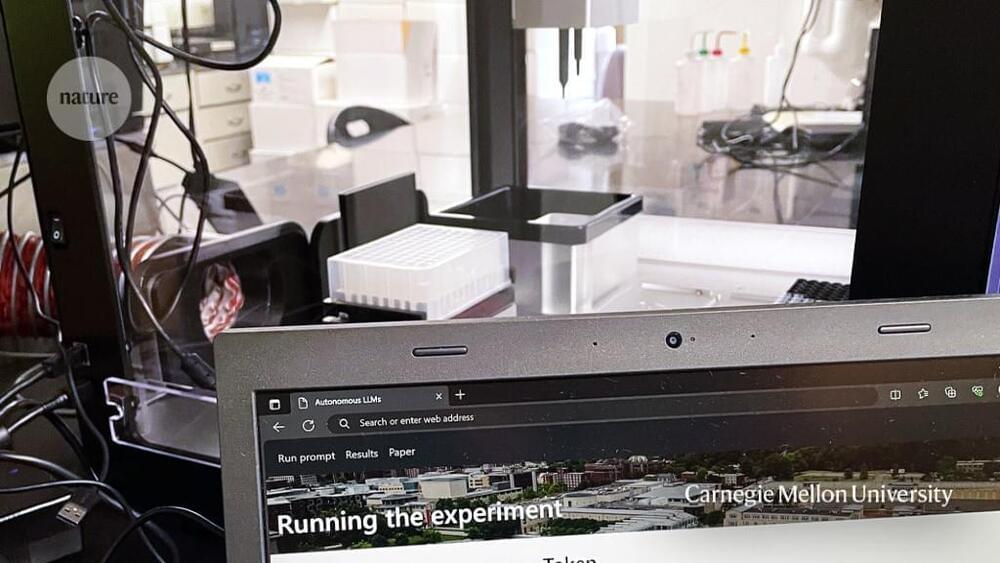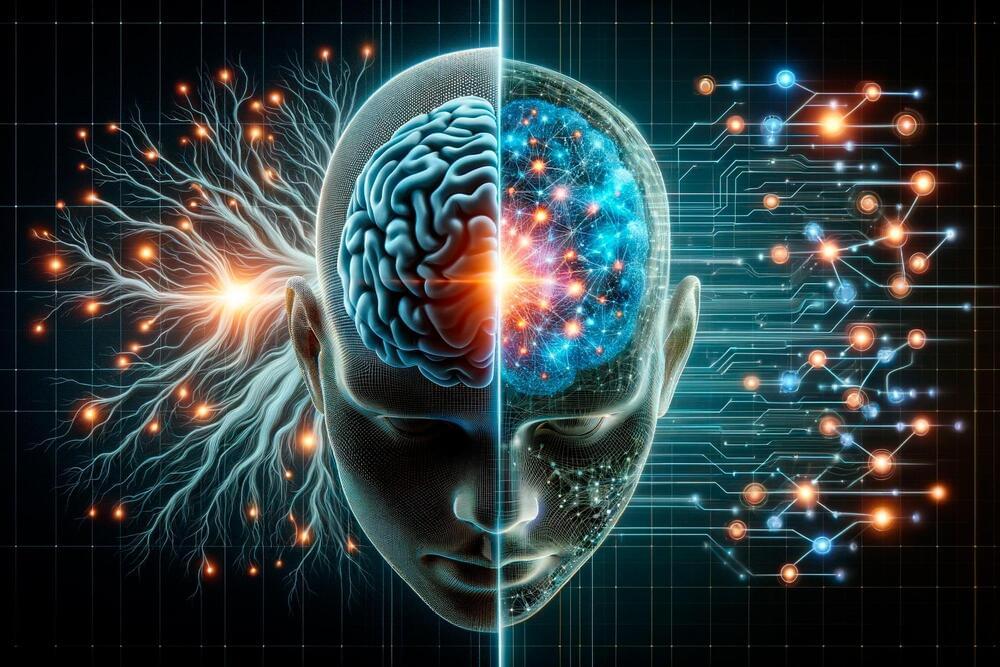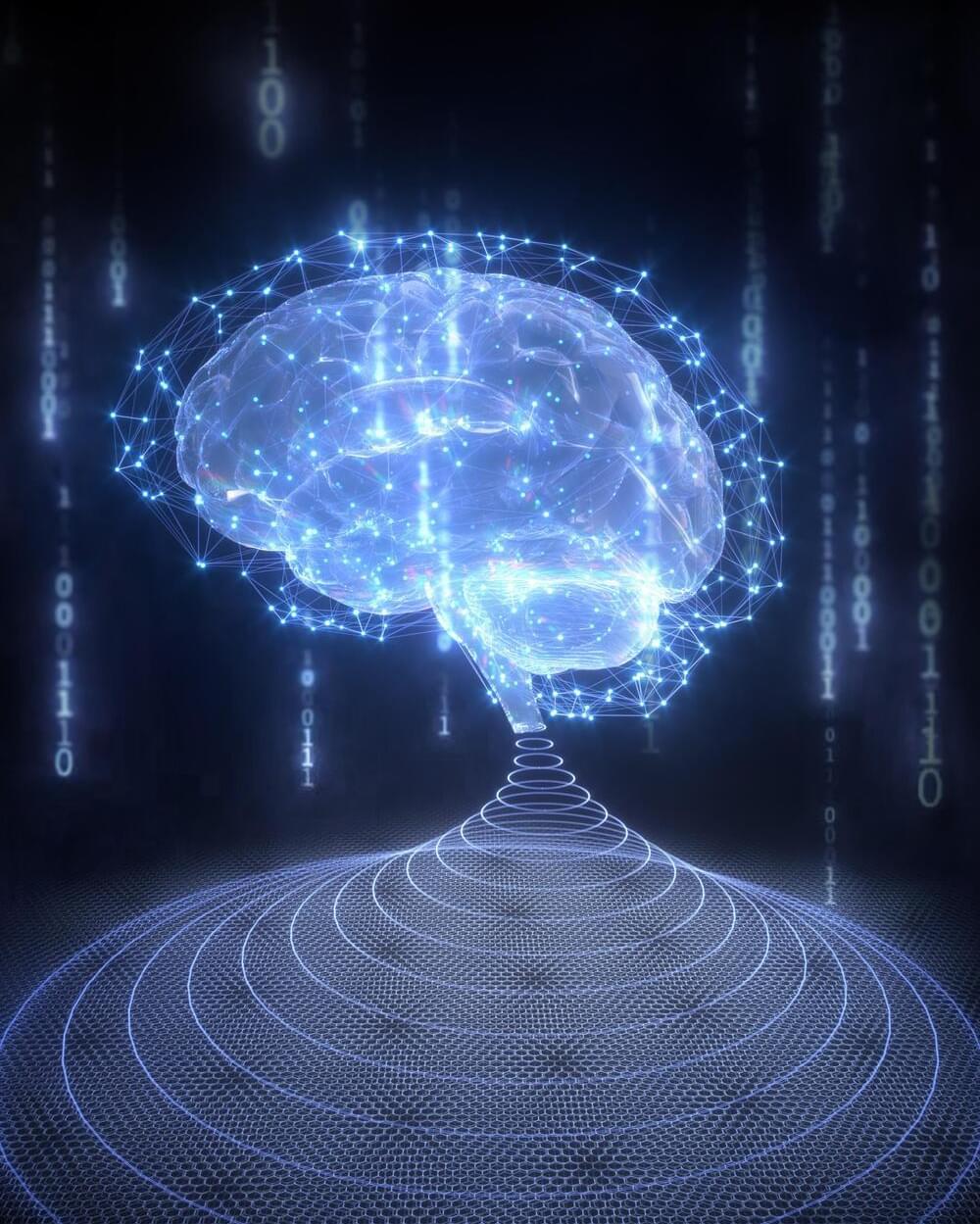
Taking inspiration from the human brain, researchers have developed a new synaptic transistor capable of higher-level thinking.
Designed by researchers at Northwestern University, Boston College and the Massachusetts Institute of Technology (MIT), the device simultaneously processes and stores information just like the human brain. In new experiments, the researchers demonstrated that the transistor goes beyond simple machine-learning tasks to categorize data and is capable of performing associative learning.
Although previous studies have leveraged similar strategies to develop brain-like computing devices, those transistors cannot function outside cryogenic temperatures. The new device, by contrast, is stable at room temperatures. It also operates at fast speeds, consumes very little energy and retains stored information even when power is removed, making it ideal for real-world applications.
